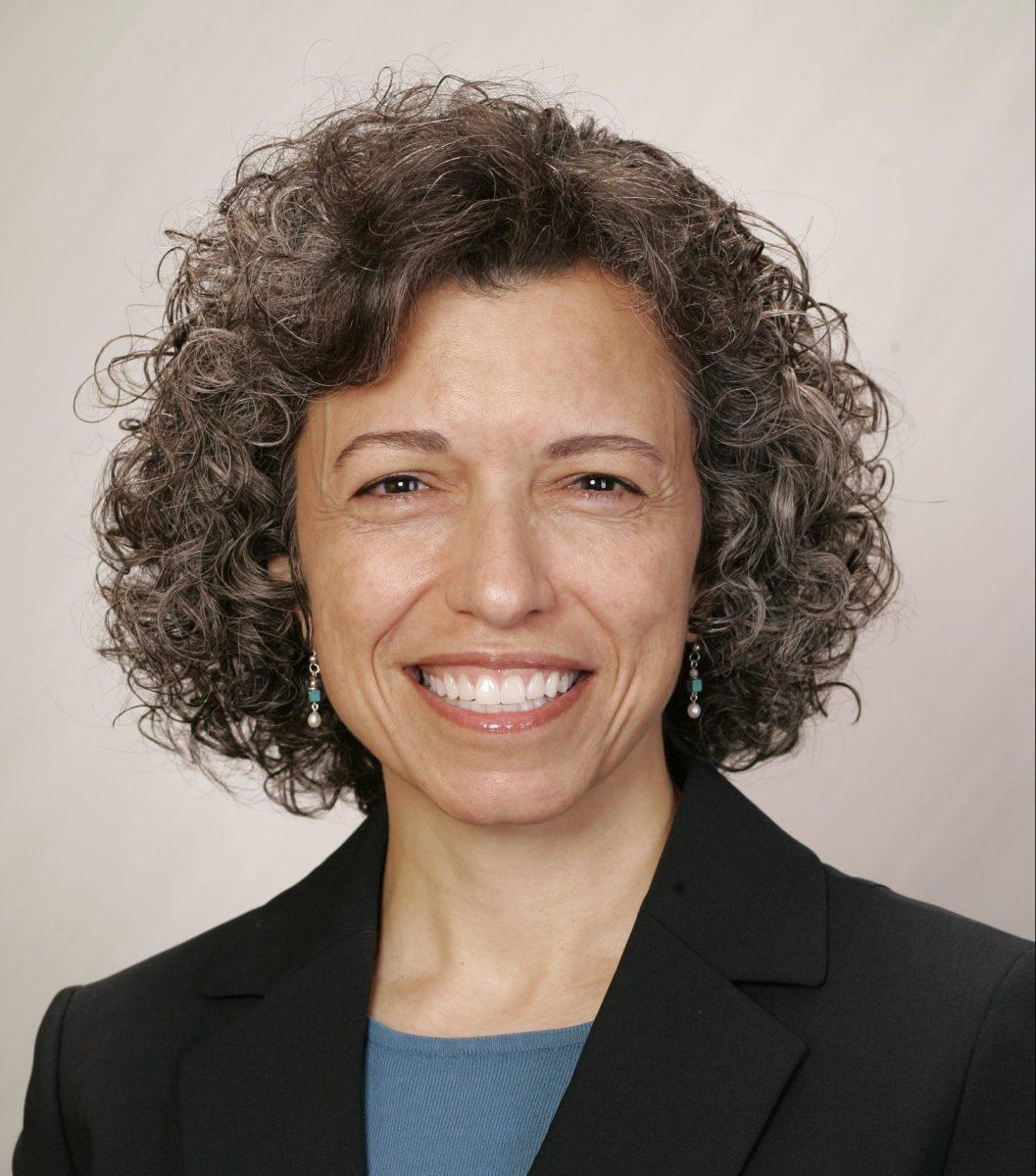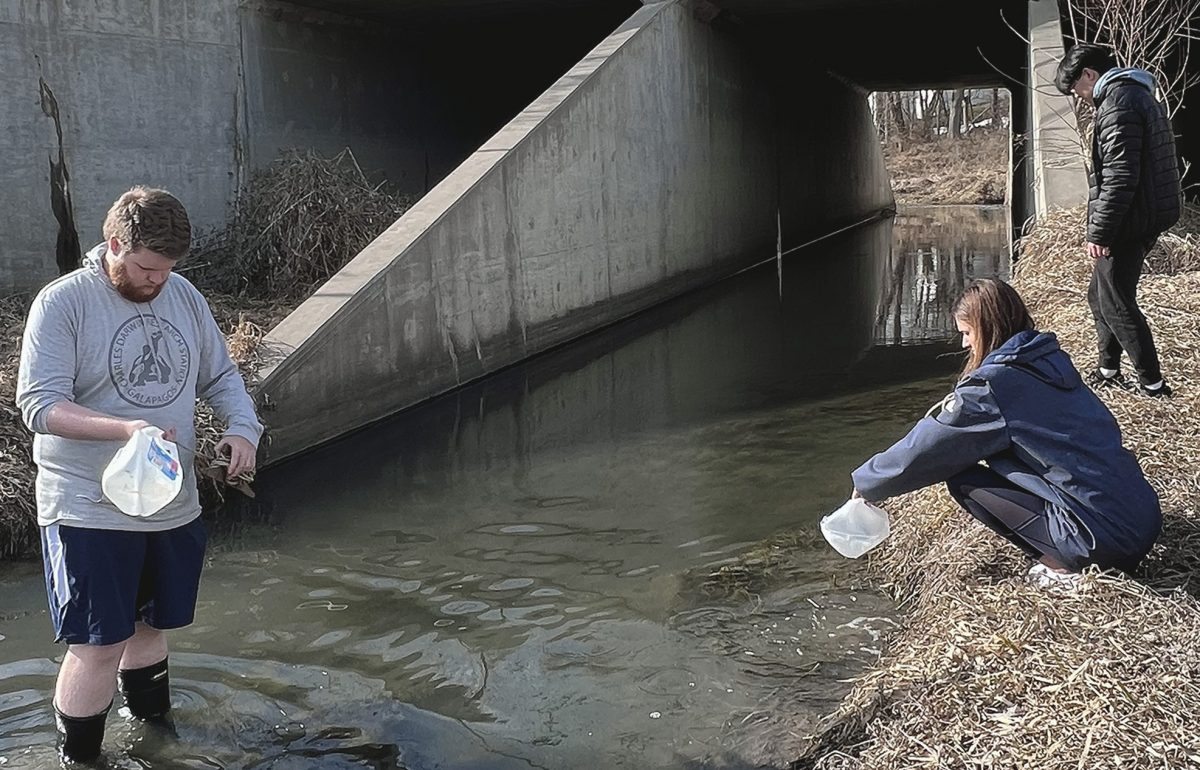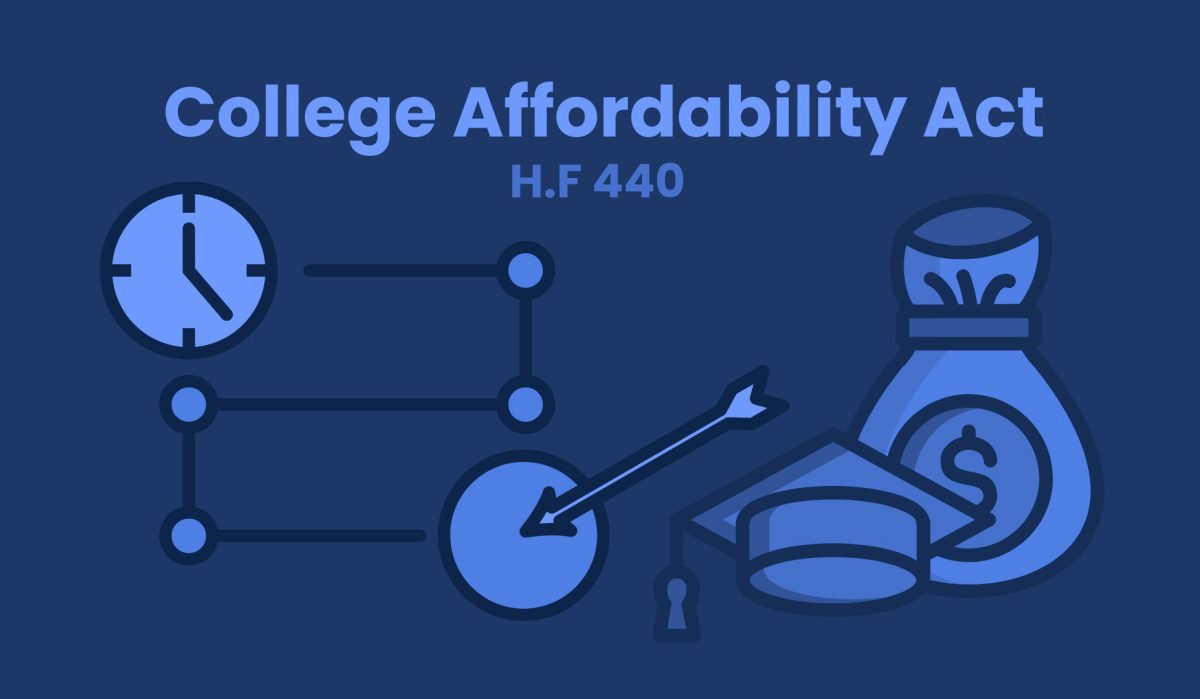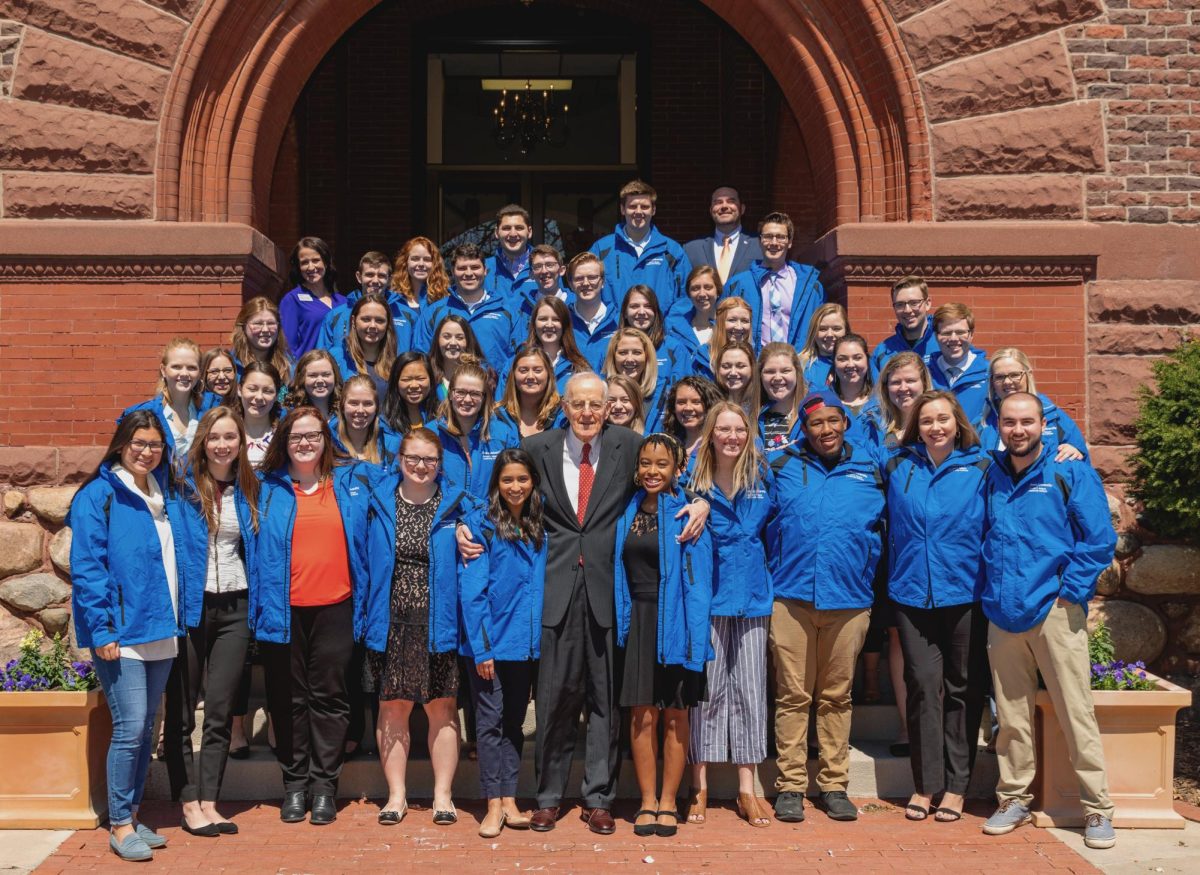STORY BY JAKE BULLINGTON
The annual report on campus crime was released last Wednesday by Drake University’s Department of Public Safety, giving students comprehensive and quantifiable data on crime both on and off Drake’s campus.
“I think (the report) gives people an idea of what’s happening so they can take reasonable precautions and reasonable steps to provide for their own safety,” said Director of Public Safety Scott Law.
“I think that in conjunction with the timely warnings and Bulldog Alerts, (it) gives people a good idea of what their concerns should be,” Law said.
The release of this information to the students, faculty and staff is federally mandated by the Jeanne Clery Disclosure of Campus Security Policy and Campus Crime Statistics Policy Act, along with a section of the Higher Education Opportunity Act.
Officials in the Department of Public Safety view the release of this report a positive step for the department to take.
“The real benefit of the Clery Act is to give our present faculty, staff and students an accurate picture of what’s going on in this community, as well as giving prospective faculty, staff and students what it’s like here,” Law said.
Brett Niederhauser, the Crime Prevention and Clery Reporting Specialist said that the report can “provide transparency in how (DPS) is doing things so that not only are we abiding by federal law, but also that we can get that information and resources out to everyone.”
The report’s numbers from 2014 yielded some lower crime rates, particularly the alcohol offenses on campus.
From 2012 to 2014, ‘disciplinary action’ related to on-campus alcohol consumption has been in a continuous downward trend, dipping from 199 in 2012 to just 109 in 2014.
“I usually look at the Clery report as a snapshot in time. We would hope in looking at the three year trend…that it’s reflective of our population and that our students are being more responsible in how they’re handling alcohol on the campus,” said Law.
Other notable statistics include two hate crimes related to separate sexual orientation bias reported between 2012 and 2014.
One of the most discussed crimes that campuses across the country have been dealing with is sexual assault.
In terminology used by the report, the category of sexual assault is subdivided into rape, fondling, and sex offenses — either forcible or non-forcible.
More rapes involving Drake students were recorded as having taken place in on-campus housing rather than outside of Drake’s campus boundaries during the last three calendar years, according to the report.
“Sometimes people get caught in ‘low crime means no crime,’ or ‘I’m in college and don’t have to worry about anything,’” said Law.
“We have a lot of educational things and a lot of safety programs in place for our students. Downloading apps like the Drake Guardian, utilizing things like our campus Safe Ride bus…general safety, alcohol awareness, healthy relationships and violence reduction all go into making the campus a safe place,” Law said.
Law suggests that the normal precautions students would take if they were walking at night in a city should be applied on a college campus too.
“You’ll find that colleges and universities compared to the larger community are incredibly safe. But, that doesn’t mean that they are without crime,” said Law.
In addition to the statistics, a new federal requirement under the Clery Act added the Violence Against Women Act to the report.
The crimes listed under the VAWA in this report are domestic violence, dating violence and stalking, but is important to note that it covers crimes regardless of gender.
In 2014, there was one reported case of domestic violence and two instances of stalking.
“(VAWA) is a very important component because those types of things occur on campus, and we want people to know what resources, policies and procedures affect them in that regard,” said Niederhauser.
“It didn’t really change in terms of what we’re doing, but it’s changed how we publicize how we’re doing things.”
According to Law, this type of data had been reported in previous reports, but was recategorized under VAWA due to the Clery Act’s new mandate.
“We have a community of people on the campus who want to look out for one another, who want people to be successful, but it doesn’t mean at times some negative thing creeps into the environment,” said Law.






